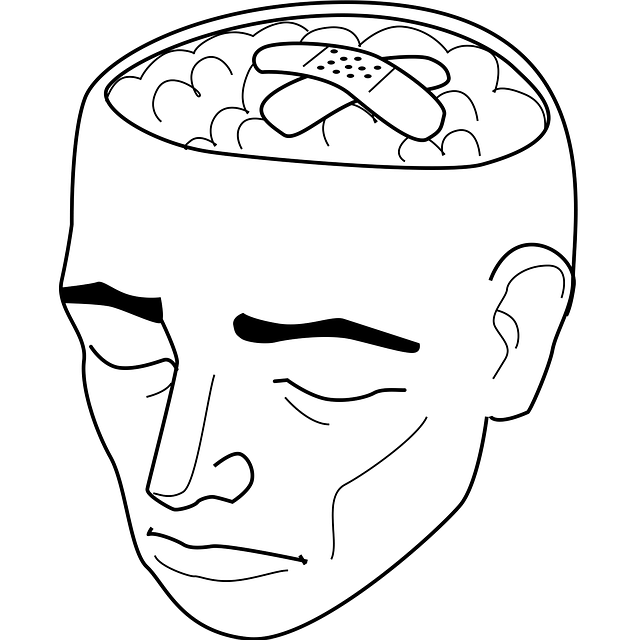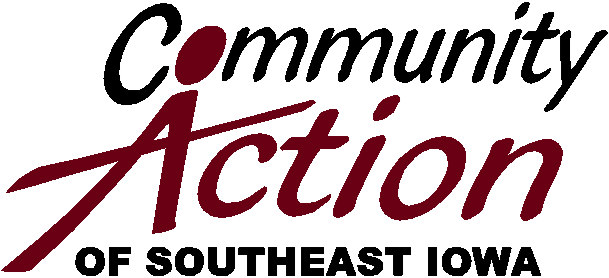Mental Health
Mental Health is important for all people, which includes those who are low-income. The National Alliance on Mental Illness (NAMI) estimates that 1 of 5 Americans suffer with a mental health condition.

Poverty can cause additional mental health struggles. Appointments may be difficult to get to with no or limited transportation. Virtual appointments may be hard because of data limits on cell phones. Taking off from a job that doesn’t have sick time or leadership who understand poses the additional hardship of getting “a point” at work, or facing additional stigma if they share why they missed work. The stress of not being able to meet their basic needs for themselves or their family may exacerbate mental health conditions.
What can you do?
- If you think you or a loved one might have a mental health condition, seek treatment.
- Read and learn so you’re ready for conversations. Start with the links below.
- Advocate for preventative healthcare. Helping an obese person get healthy is more helpful (and cost effective) than treating diabetes that may develop. Similarly, helping a child who is struggling with emotional regulation get the help they need could potentially prevent prison time later on.
- Support and promote basic need provision programs and services. These are often called “safety net” programs. Helping a family before they’re evicted is better than trying to find them a new place to live. Providing a child food assistance is better than treating them for malnutrition. These conditions of poverty can affect mental health.
- Prioritize children; helps for them, and their families. Things they experience in childhood can affect their entire lives. It takes a village to raise a child, lets give them a good childhood.
- Support schools, equity, resources, and connections in schools.
- Encourage employers to offer paid sick time.
- Don’t narrow down a person to one characteristic such as their mental health diagnosis. Labels and stereotypes polarize people and generally stop conversation, understanding, and learning. Listen and recognize the complexity of the human in front of you.
– Some ideas adapted from the book Broke In America
For further learning:
- Watch this 7 minute video on 10 Mental Illness Signs You Should Not Ignore
- National Alliance on Mental Illness
- Mindspring, NAMI of Greater Des Moines
- Visit MakeitOK.org/IOWA for a mental health checklist, resources, and information
- Find local mental health providers in your county Inter-Agency Directory
- If you or a loved one are facing a problem with alcohol, drugs, gambling, mental health or suicidal thoughts, contact YourLifeIowa.org
- Iowans can chat live, text, or call and get reliable information and treatment options, and find nearby help. Call 1-855-581-8111; text 855-895-8398, chat yourlifeiowa.org
- Youth.gov has resources and services that support positive, healthy outcomes for youth.
- Learn about how Adverse Childhood Experiences, ACES, (including poverty) have and will affect Iowans 2020 Iowa ACES Report
- How Poverty Affects the Brain by Newsweek
- An article about brain development in children living in poverty (and high stress) and how it differs from those in higher social economic classes. As a side note with this information, it’s one reason Head Start is so important and shows great outcomes.
- Incarceration Nation, an article by the American Psychological Association discussing the prison population. They include mental health, structural issues and suggestions.
